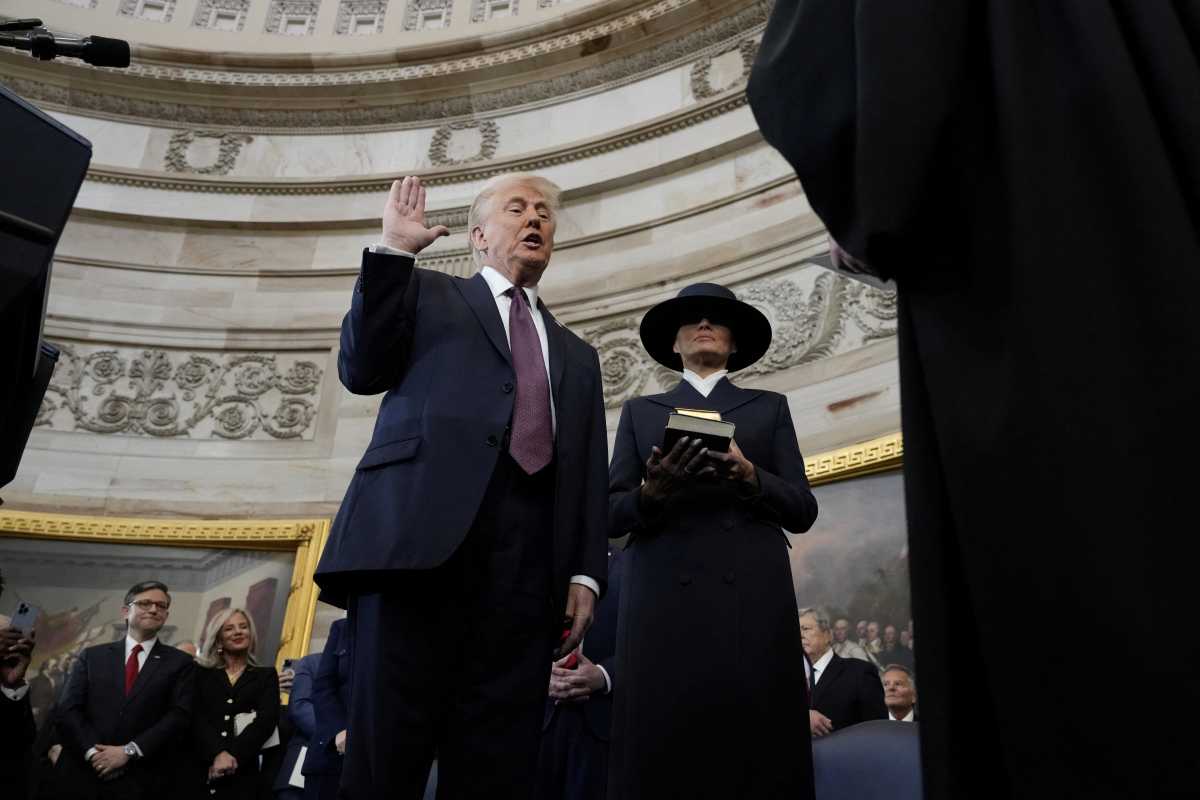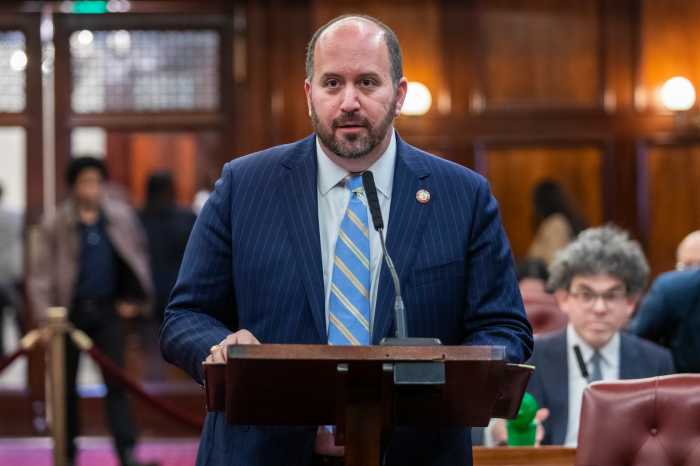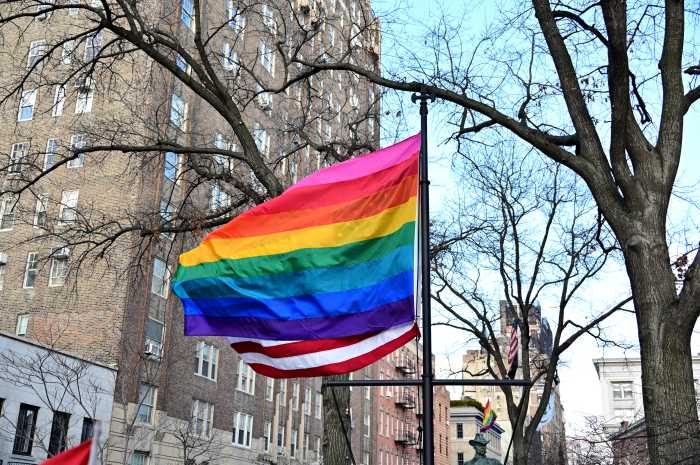After flooding the airwaves with transphobic advertisements and campaign pledges during the 2024 presidential race, President Donald Trump attacked transgender Americans and diversity, equity, and inclusion in a dark inaugural address at the Capitol Rotunda on Jan. 20.
“This week, I will also end the government policy of trying to socially engineer race and gender into every aspect of public and private life,” Trump said during his second inaugural speech. “We will forge a society that is colorblind and merit-based. As of today, it will henceforth be the official policy of the United States government that there are only two genders, male and female.”
The statement appeared to be consistent with an NBC News report on Jan. 20 noting that one of the executive orders will declare that the US will only recognize “male” and “female” genders, including on identification documents like passports. That order would be an apparent rebuke of a 2022 Biden administration policy allowing citizens to use an “X” gender marker on passports.
According to the Associated Press, the order also calls for federal prisons and shelters for migrants and rape victims to be divided in accordance with Trump’s narrow definition of gender. The order also takes aim at the use of federal funds for “transition services,” the Associated Press reported.
Among other actions, Trump has also vowed to reinstate his ban on transgender service members from the military, which was reversed by the Biden administration. In his speech, the president made a vague reference to “social experiments” in the military.
“And I will sign an order to stop our warriors from being subjected to radical political theories and social experiments while on duty,” Trump said in his speech. “It’s going to end immediately. Our armed forces will be free to focus on their sole mission — defeating America’s enemies. Like in 2017, we will again build the strongest military the world has ever seen.”
The president is planning to sign hundreds of executive orders encompassing areas such as immigration, climate, and more. Many of the orders — including ones targeting the LGBTQ community — are widely expected to face significant legal challenges.





































